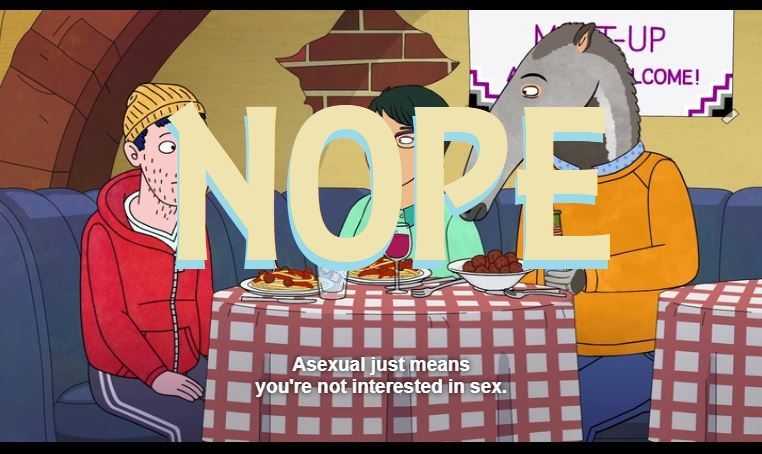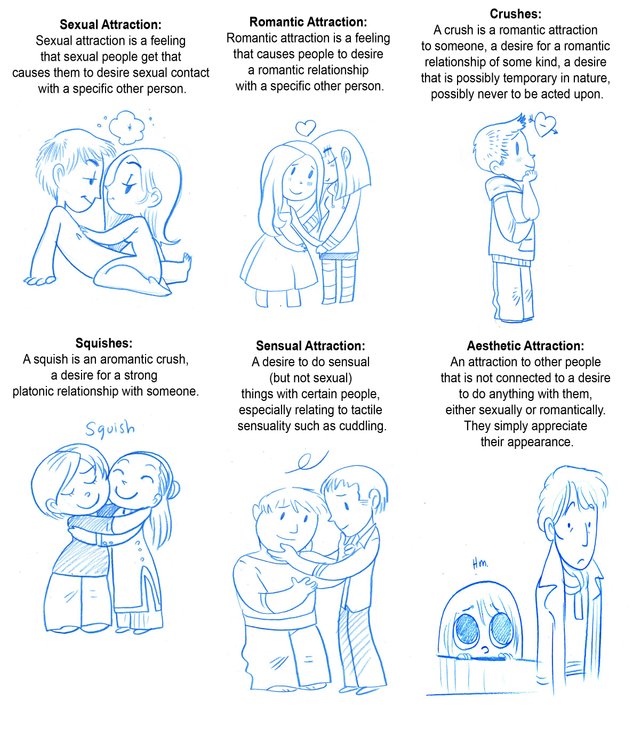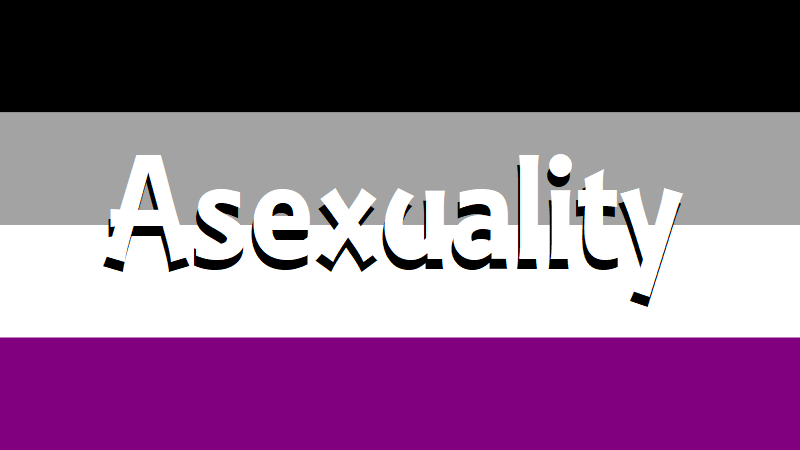Bojack Horseman Season 4: (A)Sexuality, Progressive but Problematic | The Captain's Log 09.08.2017
Progressive but Problematic: Asexual Representation in the Internet's Favourite Misanthropic Series

In this season's new release of BoJack Horseman, some suspicions get confirmed... but that confirmation is problematic.
NOTE: THIS POST CONTAINS SPOILERS
It's only been a few hours since the new season of Bojack Horseman has been released, but as much as I both love and live for this series, it has presented something very problematic in a subtle way.
BoJack Horseman is a Netflix original starring Will Arnett as the voice of the principal character BoJack Horseman. It centres around the contemporary life of a dejected, mentally/emotionally not-well-off, former 90s TV star. This show highlights the growth and decline, development and destruction of a core group of characters featuring Princess Caroline, a pink cat that works as a talent manager; and Todd Chavez, a former live-in best friend to BoJack, accidental jack of all trades, and prime example of the 'fool' archetype.
In season 4 of BJH, the writers confirm a suspicion that was alluded to in the season prior.
//
Todd is officially confirmed as an ace! (Episode 3)

There is also a moment in episode 6 where he's at an ace (short for asexual) meetup where he announces his impending wedding to an actress introduced in this season. To highlight an insecurity with taking on a new label, and trying to stay within the bounds that label might have- he goes on to say that it might be "wild" (read: unusual) for an ace to be getting married.
His group members quickly highlight that two of them are actually married to each other. Aces can get married, and it's not uncommon. The group member that spoke went on to highlight that being ace is about "not being interested in sex".
This is where I find myself griping with the BJH writers.
I love BoJack Horseman and the writers really stepped into the future offering some organic asexual representation. Todd's growth toward the self revelation of his orientation was very real and relatable.
The issue I have here, however, is that the writers offered an incorrect look at what Asexuality is. They presented asexuality with a common misconception. While they presented it in a way that was far easier to comprehend than the actual meaning, they did fail at presenting the whole truth. *Asexuality is when a person's sexual orientation isn't oriented at any gender. It's not the same as pansexuality where gender doesn't matter, but rather, it's when a person does not experience sexual attraction at all.
Not experiencing sexual attraction does not dictate how someone relates to sex. This is where the misconception that BJH's writers perpetuated comes in. Being asexual does not mean you can't have, or want to have sex. Asexuality doesn't mean you don't have a libido. Being asexual doesn't mean you don't want to have a relationship (cudos for the writers for addressing this one!). Being asexual simply means you don't experience sexual attraction; that's the entirety of the definition. People often confuse sexual attraction with romantic attraction as well as the libido, but all three of these things are distinctly different.
Heck, there are far more types of attraction than the average person might even think to notice or recognize as being distinctly different!
 (Chart, often found floating around AVEN, made by DeviantArt user Secondlina)
(Chart, often found floating around AVEN, made by DeviantArt user Secondlina)
While asexual representation is the media is basically nonexistent, there are a few characters that are known to fit the bill. From a purported Sherlock Holmes, to the unconfirmed asexual and aromatic Sheldon Cooper, or Varys from Game of Thrones, aces are few and far between. If you ask the average ace, they'll drop you a list of reasons why most or all of these characters are problematic too.
The first instance of ace representation I ever saw was via a tv show from New Zealand called Shortland Street. The character Gerald is ace and quite open about it. He's often belittled or the butt of a joke, yet manages to be written to represent asexuality relatively well.
You might be thinking, "Well, if youre not straight, you're LGBT, right? The LGBT community probably recognizes aces at least." That's far from the truth as well. While this could easily become an article on its own, the LGBT community often has issues with asexuality as well. Erasure and being discounted and aggressively pushed out of LGBT+ spaces is pretty common. While the ace experience can differ from the experiences of other LGBT umbrella groups, we have to keep in mind that the struggles of all groups under the umbrella differ from each other in some ways. What superficially it may seem that aces have no issues at all within society, there can be terrible repercussions to coming out as ace.
Just as in the rest of the LGBT community issues from being marginalized, to kicked out of their homes, to even being subjected to "corrective" sexual assaults are issues that aces can face. While some in the LGBT community may feel aces don't belong in the safespaces these communities have built, aces beg to differ. You can also head here for a huffpost article on this.

Back to BoJack. Todd is written as a 3D character, and addressing his sexuality was something that was well needed to give a full view of his person-hood. It was explored well overall but the writer's failure to address what asexuality actually is because it was easier to explain as just "not interested in sex" is a cop-out. Yes, asexuality is multifaceted, and the writer's quickly addressed that in mentioning that some people are both asexual and aromantic (this being when one does not experience romantic attraction), but they missed a great opportunity to appropriately highlight a legitimate yet lesser known sexuality.
Many aces can contest that if they had known that "asexuality was a thing" sooner, their interpersonal relationships, their relationship with sexuality, and even their lives would have been a lot better off. Having appropriate labels for one's life experiences can make being alive whole lot easier to manage and understand. When you're part of a group representative of over 3 million people in the US alone, you're nowhere near alone. But it surely can feel that way when nearly no one acknowledges that those 3 million people even exist.
Adequate representation is slowly beginning to make it's way into the world, but we're still quite a ways away from good or great representation. Netflix's Todd Chavez is a step in the right direction, but while it's being progressive, it is still problematic.
Awesome👌👌👌👌 is it series💐💐💐💐
Thanks for the comment, This article can become part of a series if people would like to read more about the topic, for sure!
Awesome is it series
This article? I didn't intend it to be part of a series but I could definitely write it into one. There is a lot to say about asexuality that gets left unsaid by major news sources and, as even mentioned in this article, when it is mentioned it's mentioned with a lot of erroneous information tied to it.
Congratulations @thecaptain! You have completed some achievement on Steemit and have been rewarded with new badge(s) :
Click on any badge to view your own Board of Honor on SteemitBoard.
For more information about SteemitBoard, click here
If you no longer want to receive notifications, reply to this comment with the word
STOP